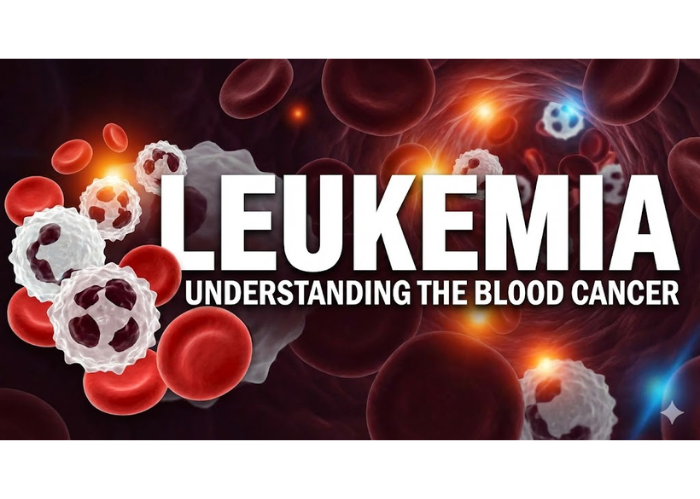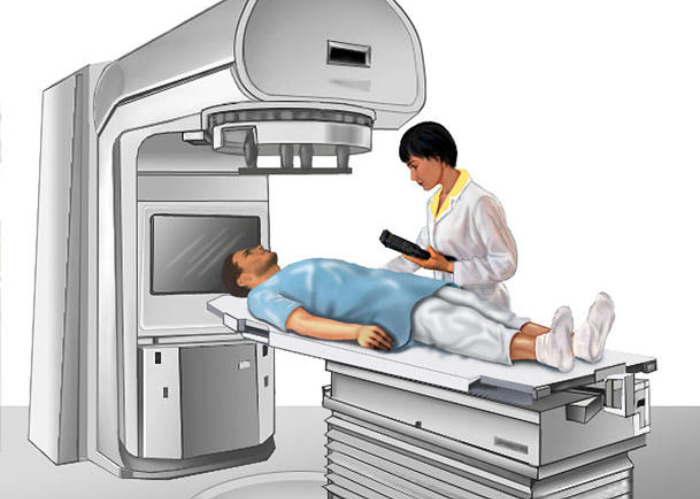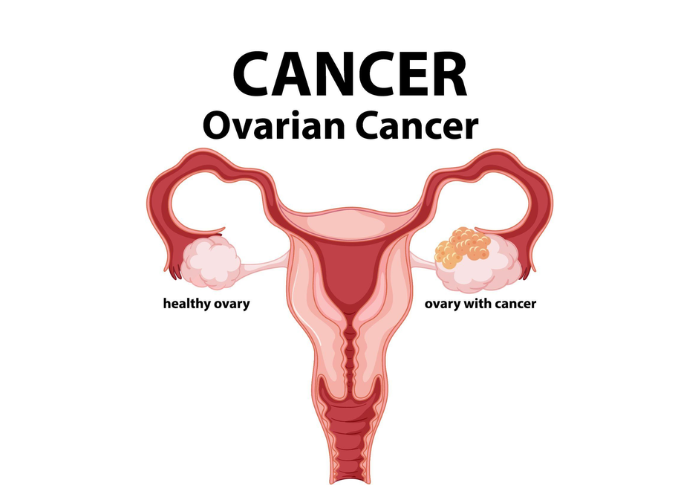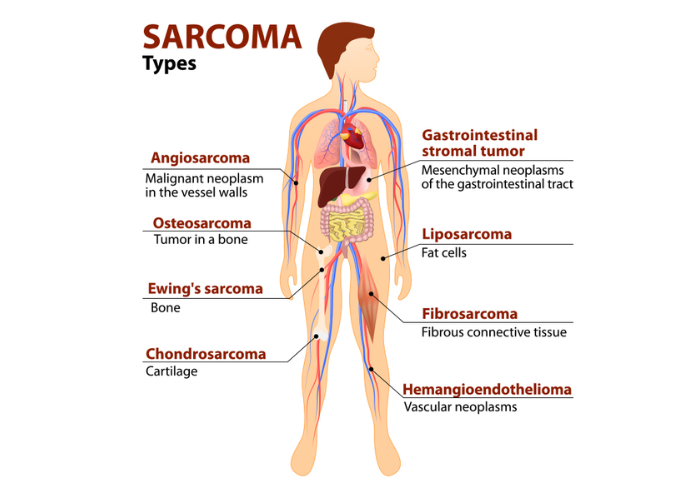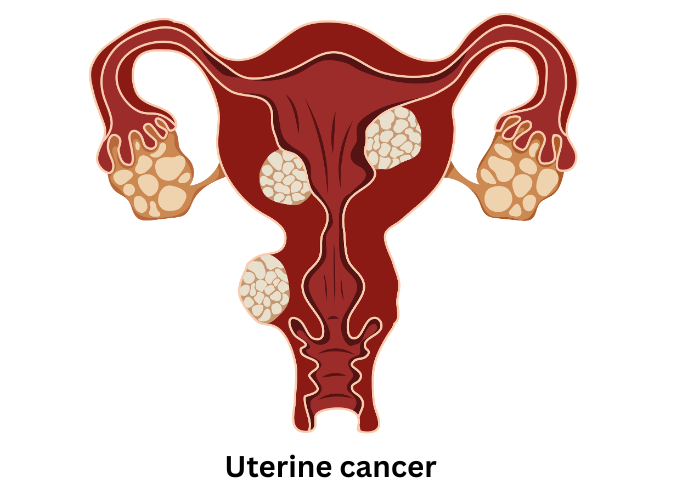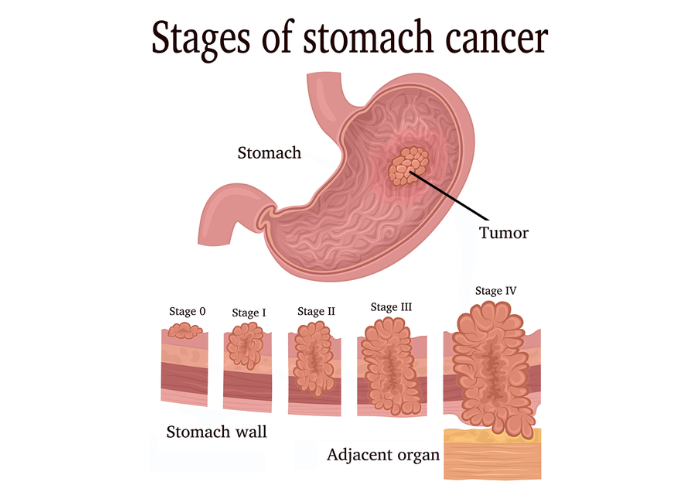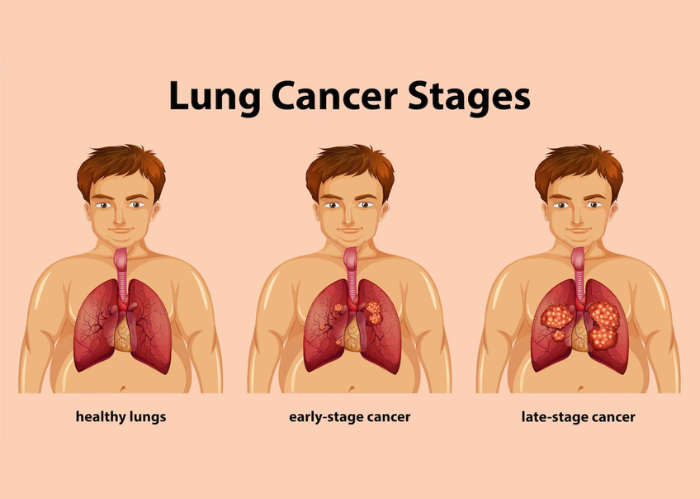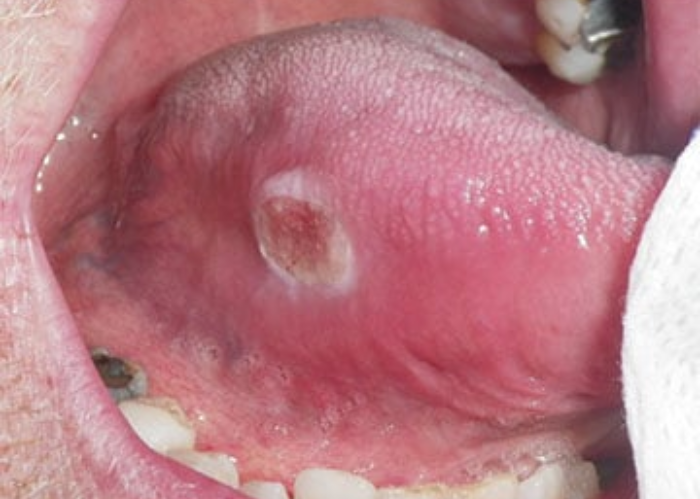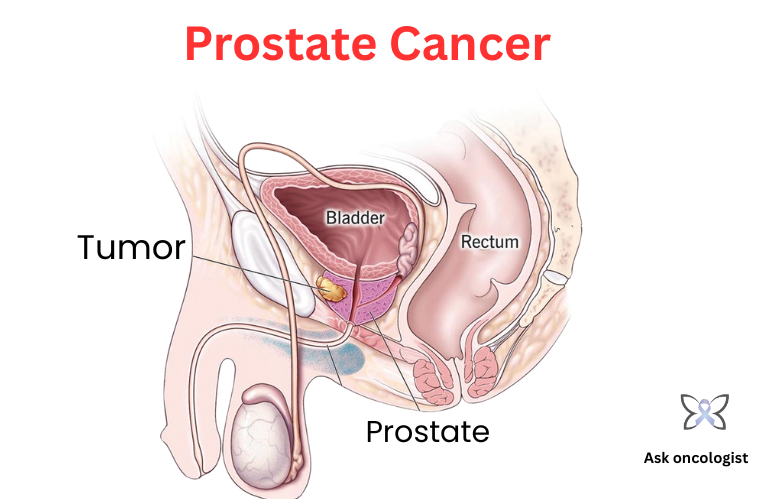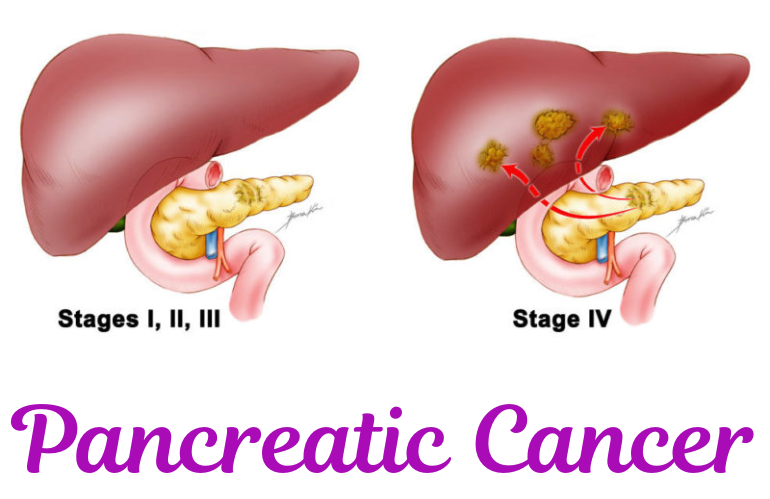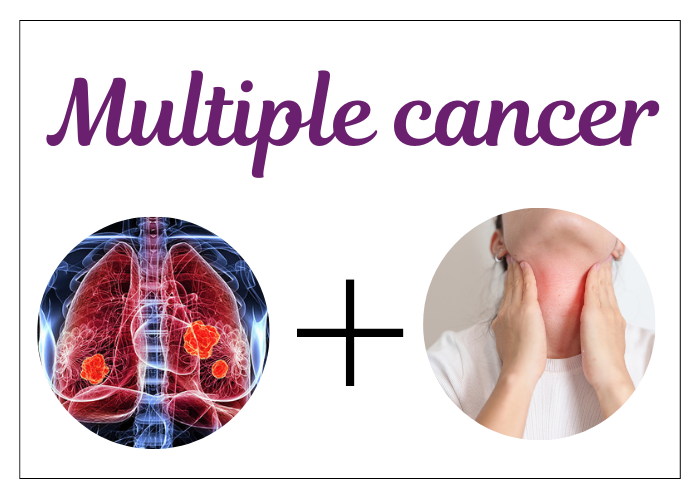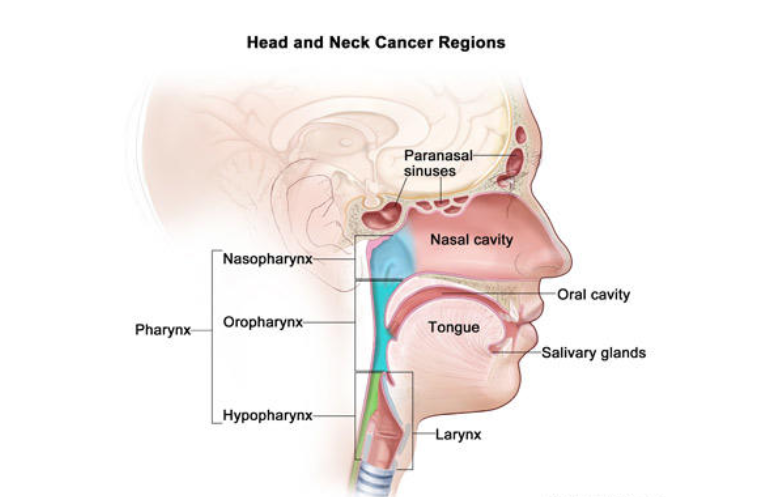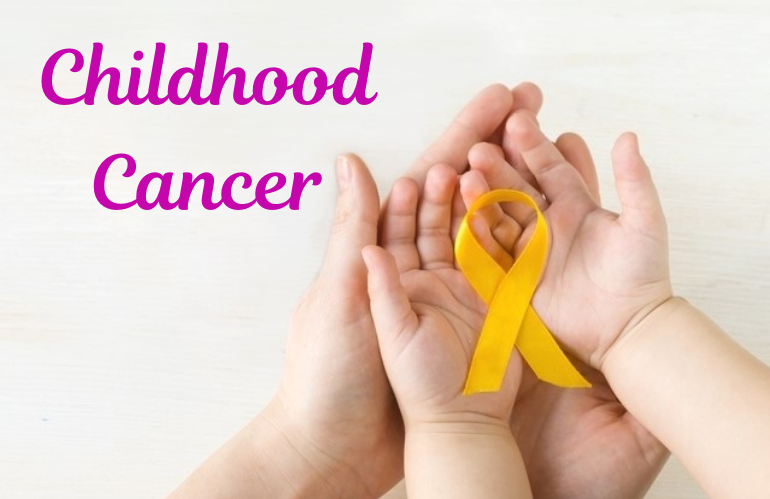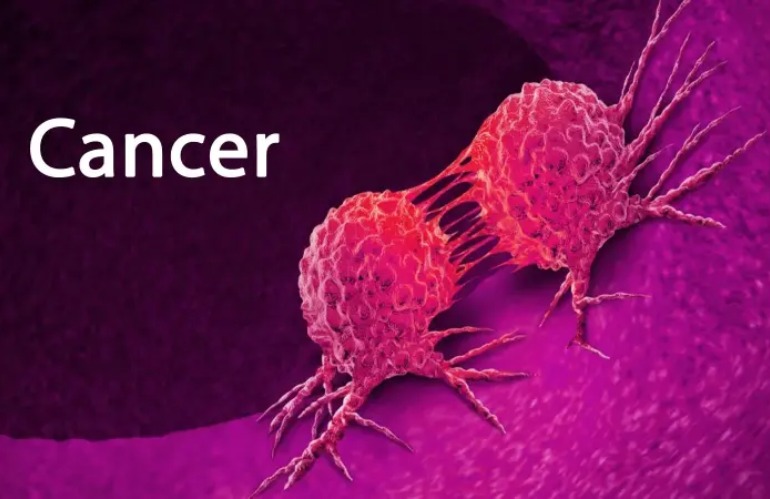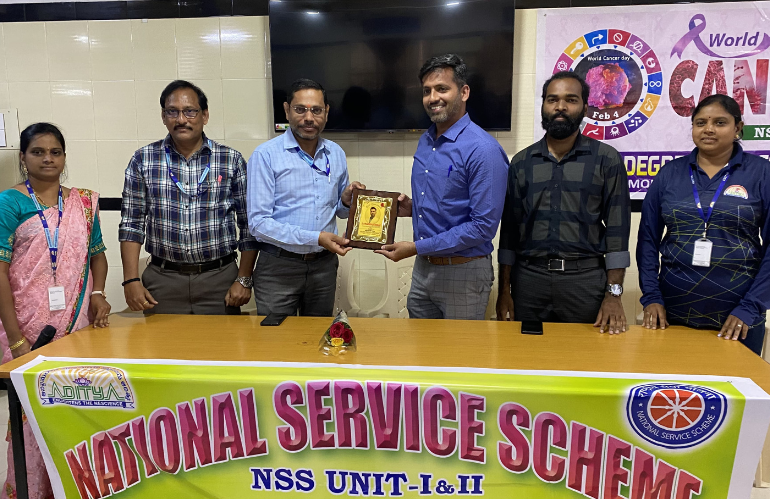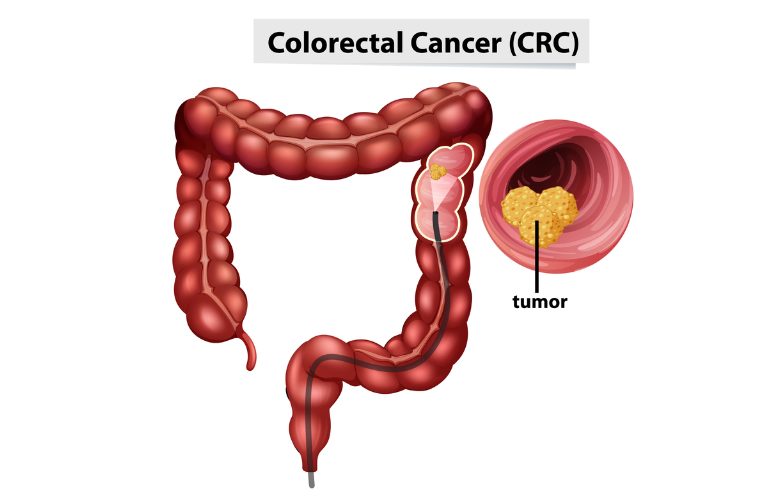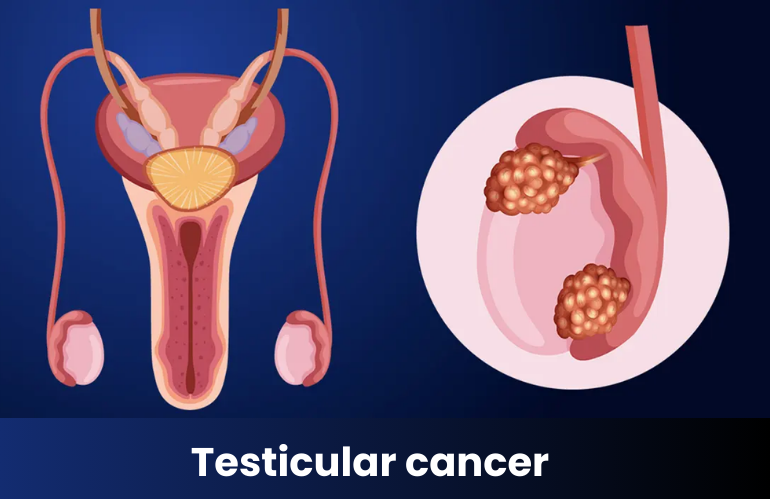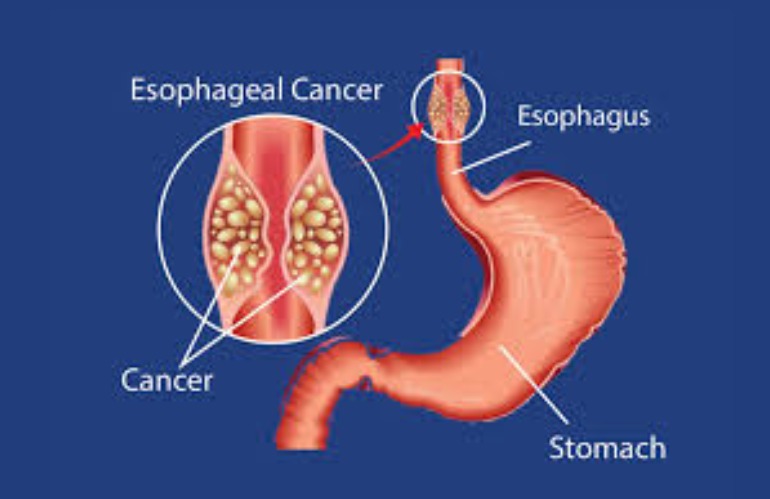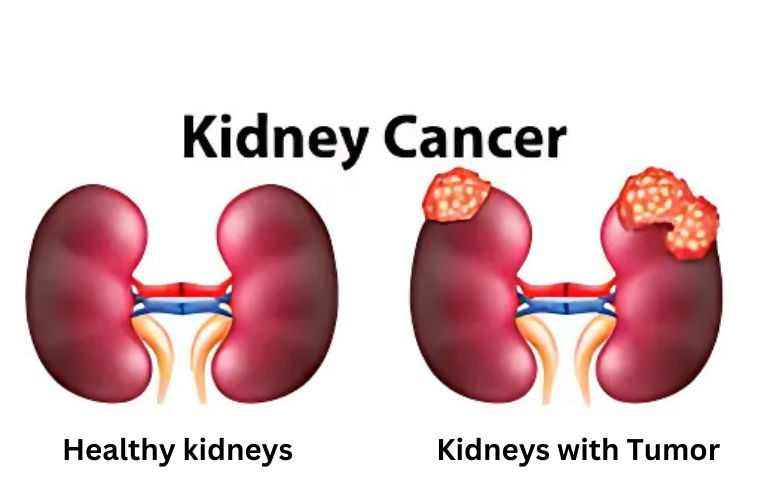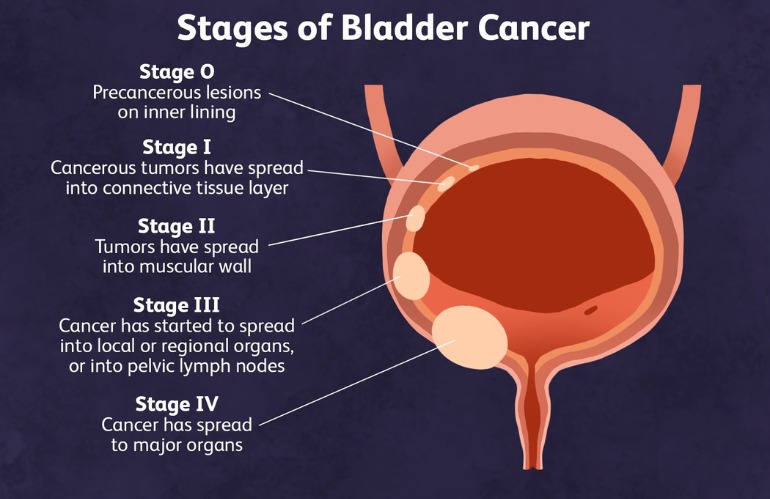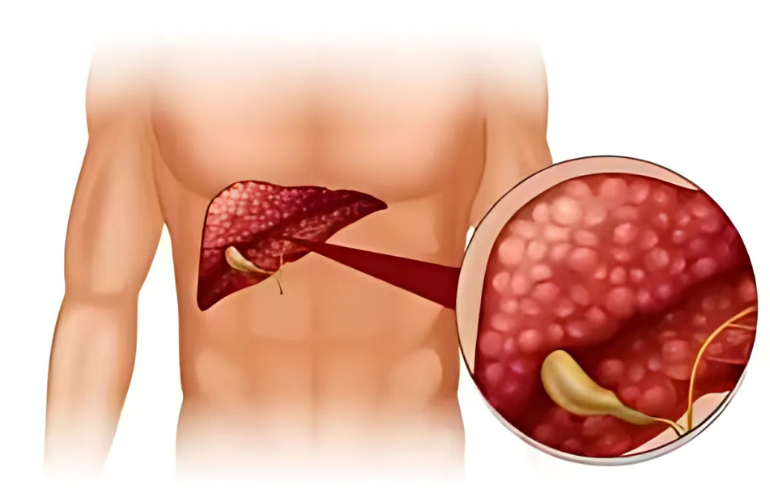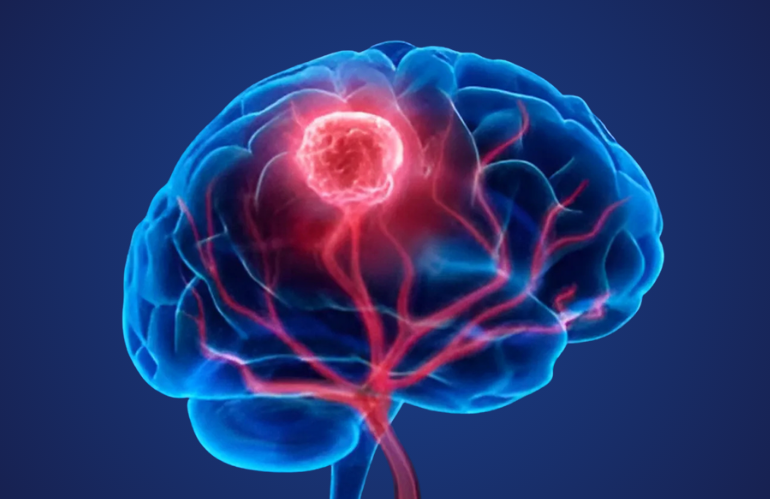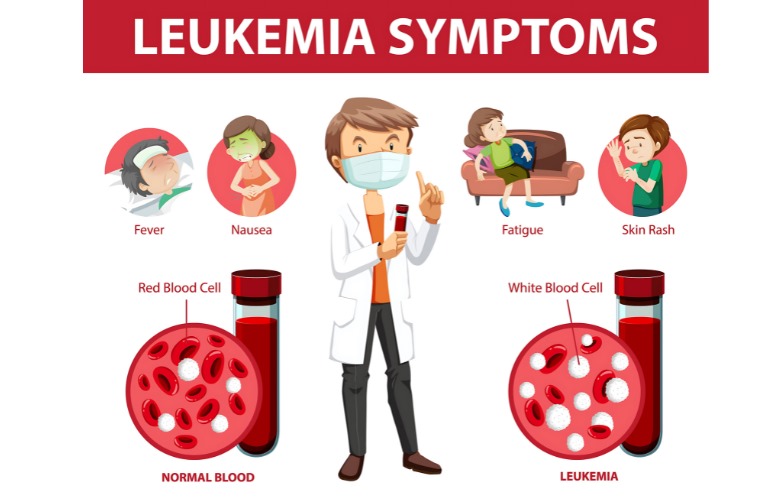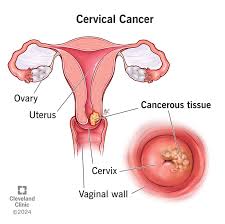Radiation therapy is one of the most effective and scientifically advanced treatments available for cancer care today. As a consultant radiation oncologist with a specialization in Stereotactic Radiosurgery (FIGRS), I have witnessed how precision-based radiation can target cancer cells with minimal harm to surrounding healthy tissue. For patients and their families seeking reliable cancer care, understanding how radiation therapy works can ease concerns and offer hope.
Understanding Radiation Therapy in Cancer Care By Dr. Pradeep Bhaskar, MBBS, DNB (Radiation Oncology), FIGRS Consultant Radiation Oncologist
What Is Radiation Therapy?
Radiation therapy uses high-energy rays—such as X-rays, gamma rays, or charged particles—to damage the DNA of cancer cells. When this DNA is damaged beyond repair, the cells can no longer grow or divide and are gradually eliminated by the body. This approach is especially useful for tumors that are hard to reach surgically or located near vital organs.
As the best radiation oncologist in Kakinada, I often recommend radiation either as a standalone treatment or alongside surgery and chemotherapy, depending on the specific type and stage of cancer.
Purpose and Uses of Radiation Therapy
Radiation therapy serves multiple roles in cancer management:
- Curative treatment: In early-stage cancers, radiation can eliminate tumors completely.
- Adjuvant therapy: It helps destroy remaining cancer cells after surgery.
- Palliative care: It reduces symptoms such as pain, bleeding, or obstruction in advanced cases.
This versatility makes it an essential part of comprehensive cancer treatment, especially when guided by an experienced team led by the best cancer specialist in Kakinada.
How Radiation Is Given
Radiation therapy can be delivered in two major ways:
1. External Beam Radiation Therapy (EBRT)
The most common method, where a machine targets the tumor externally. Modern techniques such as Stereotactic Radiosurgery (SRS) allow us to deliver high doses with pinpoint accuracy.
2. Internal Radiation Therapy (Brachytherapy)
Radioactive material is placed directly inside or near the tumor, offering a localized effect with minimal exposure to healthy tissues.
Being trained in SRS, I ensure patients receive the most advanced and tailored radiation plans, offering better outcomes with fewer side effects.
What Happens to Cancer and Healthy Cells?
Radiation damages the genetic material in both cancer and normal cells. However, cancer cells are more vulnerable and less capable of repairing themselves, which makes them more likely to die after treatment. In contrast, healthy cells are better equipped to repair the damage and usually recover over time.
Patients might experience some temporary side effects, but with proper care and monitoring, the healing of healthy tissues is well managed, ensuring a safe recovery path.
Recovery and Care After Radiation
Recovery from radiation therapy depends on several factors such as the type of cancer, location of the tumor, and overall patient health. Most patients experience:
- Gradual disappearance of cancer symptoms.
- Recovery of normal cell function in the treated area.
- Improvement in quality of life as cancer shrinks or disappears.
At my clinic in Kakinada, we focus on a patient-centered approach that combines medical expertise, psychological support, and continuous follow-up, offering one of the most comprehensive radiation oncology services available in the region.
Conclusion
Radiation therapy remains a cornerstone in the fight against cancer. With today’s technology and expert planning, patients can undergo treatment with minimal discomfort and maximum effectiveness. If you or your loved one is navigating a cancer diagnosis, it’s essential to consult with a specialist who understands both the science and the patient journey.
As a consultant radiation oncologist and FIGRS-certified specialist, I am committed to offering the highest quality care. Whether you're searching for the best oncologist in Kakinada, the best radiation oncologist in Kakinada, or simply someone who listens and guides you through treatment, you are in the right hands.
For consultations or second opinions, feel free to reach out.
—
Dr. Pradeep Bhaskar
MBBS, DNB (Radiation Oncology), FIGRS
Consultant Radiation Oncologist
Kakinada


